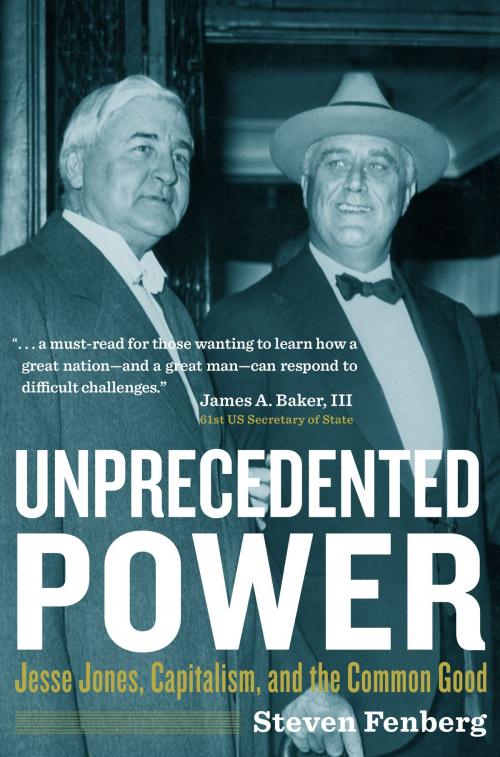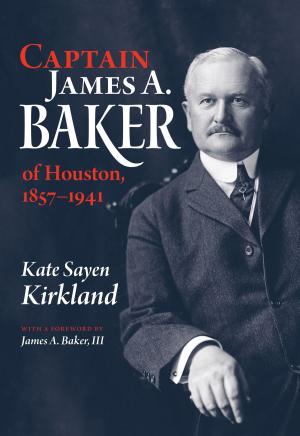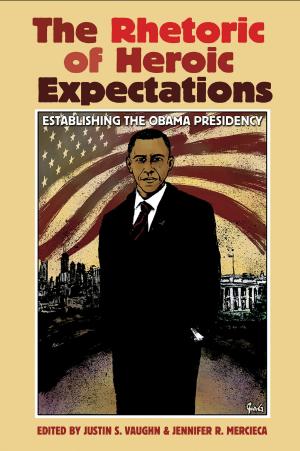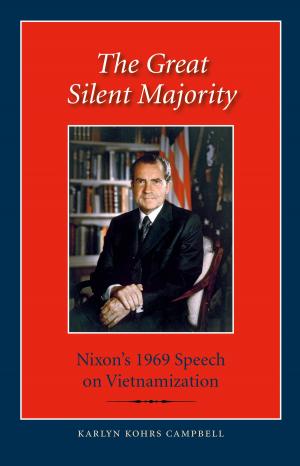Unprecedented Power
Jesse Jones, Capitalism, and the Common Good
Biography & Memoir, Business, Nonfiction, History, Americas, United States, 20th Century, Political| Author: | Steven Fenberg | ISBN: | 9781603445719 |
| Publisher: | Texas A&M University Press | Publication: | September 1, 2011 |
| Imprint: | Texas A&M University Press | Language: | English |
| Author: | Steven Fenberg |
| ISBN: | 9781603445719 |
| Publisher: | Texas A&M University Press |
| Publication: | September 1, 2011 |
| Imprint: | Texas A&M University Press |
| Language: | English |
As President Obama began to unveil sweeping government programs to restore the crippled economy, the public and media drew numerous comparisons with the actions of Franklin Roosevelt, who faced the grim prospects of the Great Depression almost eighty years earlier. Steven Fenberg tells the story of Jesse Holman Jones, the Houston businessman who went to Washington as an appointed official and provided the pragmatic leadership that salvaged capitalism during the Great Depression and militarized industry in time to fight and win World War II.
Unprecedented Power shows how Jesse Jones and the Reconstruction Finance Corporation restored the economy during the Great Depression, built massive, cutting-edge industries in time for the Allied Forces to fight and win World War II and made money for the federal government at the same time. No wonder Kirkus Reviews said Unprecedented Power “holds enormous relevance today.” Next to President Roosevelt, Jesse Jones was considered to be the most powerful person in the nation throughout the Great Depression and World War II. Largely forgotten today, he helped define Franklin Roosevelt’s presidency as one that in many instances provided positive, profound and enduring results for the nation in a financially astute and responsible manner. Jesse Jones’s successful efforts and methods to preserve capitalism and democracy during two of the most tumultuous and dangerous periods in United States history deserve attention today.
According to author Steven Fenberg, Jones understood he would prosper only if his community thrived, a belief that directed him to combine capitalism and public service to develop his hometown of Houston, to rescue his country and to save nations. As we grapple with the role of government, unemployment, financial insecurity for many, crumbling infrastructure and reliance on other nations for vital resources, Unprecedented Power offers models for today by looking at successes from the past.
As he sought to restore the nation’s devastated economy, Jesse Jones said in a 1937 Saturday Evening Post article, “In my opinion, the key to the situation confronting us today is intelligent, cordial, friendly, determined cooperation between government and business—government and all the people. It cannot be sectional; it cannot be class [driven]; it cannot be political. It cannot be achieved if we let ourselves believe that our government is our enemy.”
Read more about the book here: www.jessejonesunprecedentedpower.com
As President Obama began to unveil sweeping government programs to restore the crippled economy, the public and media drew numerous comparisons with the actions of Franklin Roosevelt, who faced the grim prospects of the Great Depression almost eighty years earlier. Steven Fenberg tells the story of Jesse Holman Jones, the Houston businessman who went to Washington as an appointed official and provided the pragmatic leadership that salvaged capitalism during the Great Depression and militarized industry in time to fight and win World War II.
Unprecedented Power shows how Jesse Jones and the Reconstruction Finance Corporation restored the economy during the Great Depression, built massive, cutting-edge industries in time for the Allied Forces to fight and win World War II and made money for the federal government at the same time. No wonder Kirkus Reviews said Unprecedented Power “holds enormous relevance today.” Next to President Roosevelt, Jesse Jones was considered to be the most powerful person in the nation throughout the Great Depression and World War II. Largely forgotten today, he helped define Franklin Roosevelt’s presidency as one that in many instances provided positive, profound and enduring results for the nation in a financially astute and responsible manner. Jesse Jones’s successful efforts and methods to preserve capitalism and democracy during two of the most tumultuous and dangerous periods in United States history deserve attention today.
According to author Steven Fenberg, Jones understood he would prosper only if his community thrived, a belief that directed him to combine capitalism and public service to develop his hometown of Houston, to rescue his country and to save nations. As we grapple with the role of government, unemployment, financial insecurity for many, crumbling infrastructure and reliance on other nations for vital resources, Unprecedented Power offers models for today by looking at successes from the past.
As he sought to restore the nation’s devastated economy, Jesse Jones said in a 1937 Saturday Evening Post article, “In my opinion, the key to the situation confronting us today is intelligent, cordial, friendly, determined cooperation between government and business—government and all the people. It cannot be sectional; it cannot be class [driven]; it cannot be political. It cannot be achieved if we let ourselves believe that our government is our enemy.”
Read more about the book here: www.jessejonesunprecedentedpower.com















